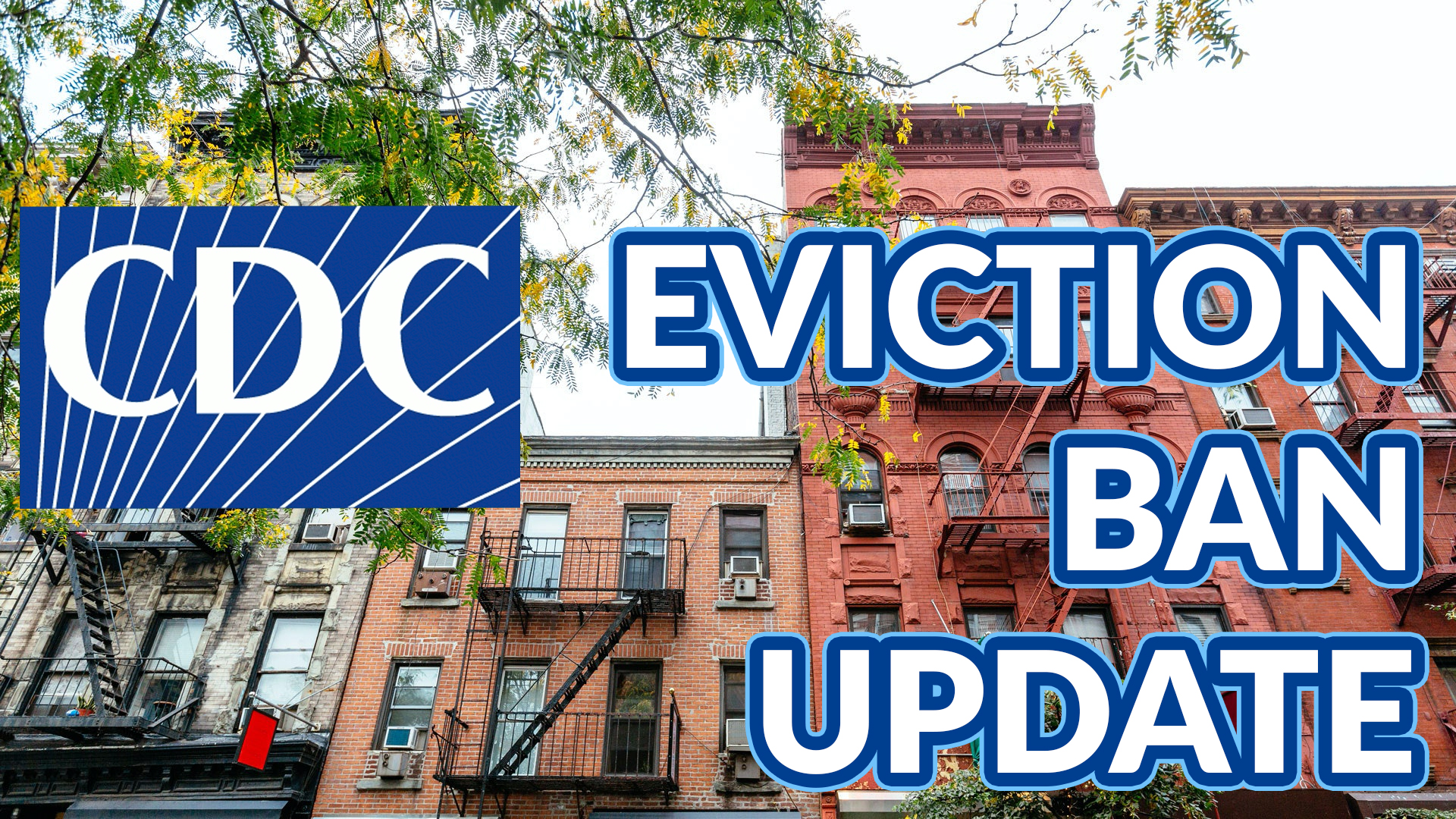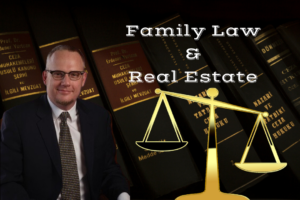What impact will the recent national eviction moratorium have on Asheville renters and landlords? We spoke with attorney Douglas Tate for the details.
On Tuesday, September 1, the federal Centers for Disease Control and Protection (CDC) announced a new eviction moratorium in the United States. It puts a freeze on evictions for tenants affected by the pandemic until January 2021. For an overview of the non-pandemic evictions process in North Carolina, read this post.
About the expert: Doug Tate is an attorney who has been practicing for 30 years, both in Raleigh and then in Asheville since 2000. Doug works with the creditors rights law and represents landlords and tenants. His goal is to make sure anyone who needs an attorney can have one, so he works with folks who don’t meet the income criteria at Pisgah Legal but can’t afford traditional rates. Doug approaches his cases from a business as well as a moral perspective, as he believes landlords have a certain obligation to provide a habitable home. It’s a business, it’s an investment, and it comes with moral and ethical obligations.
What does the moratorium entail?
First, the eviction moratorium doesn’t mean a tenant doesn’t have to pay rent. Doug always tells landlords not to let tenants get more than a month behind on rent. With the end of the last moratorium in North Carolina, we saw a flood of court cases. However, the pandemic is still happening and the courts had to ensure the safety of those coming to court and spreading COVID-19.
There’s also the issue of the federal government passing this nationwide moratorium. Does it apply to state courts and private properties, or just those run by the US Department of Housing and Urban Development (HUD)/Section 8 properties and other federally-controlled properties? Many attorneys are looking into the legality of the ruling. It is rooted in dormant statutes that apply only to pandemics.
Usually, laws like this go through a due process before becoming official, but the CDC bypassed this due to the emergency nature of the situation. This law is part of President Trump’s executive order from August 8 to enact more protective measures.
The rationale for this national eviction moratorium is that evictions cause homelessness or people moving in with others, causing the virus to spread more easily. But if people can’t pay from now until January 2021, they probably won’t be able to pay all of it then. It’s essentially postponing their eviction, and may cause landlords to have to sell their homes due to inability to pay mortgages and upkeep properties.
Is this an unnecessary government overreach? Doug is concerned anytime the federal government goes beyond its normal scope like this. He understands that they already subsidize tenants due to disability, etc. But their housing efforts in the past have not had ideal results, such as Section 8 housing.
Doug is trying to understand the law properly to help tenants use it to their advantage and not get in over their heads. He’s also here to help landlords survive and do their best.
Possible consequences of the new national eviction moratorium
- The tenant will have more burden of proof when obtaining a new rental, such as
- First and last month payments
- Higher credit score requirements.
- Higher property taxes, leading to higher rents.
- It sets tenants up for failure.
- Can disable the landlords’ ability to pay mortgage and utilities.
- Housing security is undermined as more landlords change leases from long-term to month-to-month.
Tactical advice for landlords and tenants
A landlord should look at this ruling as a defense for a complaint for an eviction. The tenant must use this as an argument for the eviction through the court process. Therefore, the burden of proof is on the tenant/defendant. If they lie on their declaration, they face penalty of perjury
Talk to a lawyer. Landlords who violate this stay could face a $100k fine and jail time, and $200k and a year in prison for corporate attorneys. If the landlord proceeds with eviction and the tenant dies due to COVID, the penalties increase exponentially. But when does this happen? Doug is unsure at what time in the process.
For example: a landlord begins the eviction process and wins in court. The tenant appeals but fails to provide a rent bond, so they are displaced. The district court, on appeal, rules for a stay. But if the tenant contacts the authorities, they may charge a fine. Or the district court rules against the landlord and fines them. If a landlord gets fined, you are still able to appeal that decision, but Doug advises, “don’t count on it.” This is similar to the NC laws in a wrongful eviction case when the landlord is liable for damages the tenant incurred.
In a property management situation, Doug believes the property owner and the company would have to pay these fines, but it depends on the property management company’s liability contracts.
Important details
- This doesn’t cover ALL evictions. It only covers tenants who had a downturn in their economic and financial status because of the results of COVID-19.
- If a tenant is on a month-to-month lease or a lease that ends, that eviction (holdover) is not covered in this act.
- Tenants must fill out a form to assert:
- They have paid, and should pay as much rent as possible.
- Their economic hardship is COVID-related.
- They’ve sought and exhausted all available funding.
- They understand it’s not an exemption or deferment of payments and
- They are responsible for all past rent due and late fees on January 1, 2021.
As a landlord, what precautions should you take when renting?
- Take all the same precautions as before.
- Don’t commit to a long-term lease. Stick with month-to-month for your protection.
- If you go to court, waive the unpaid balance. Evict the tenant with proper notice in accordance with the lease.
We’re still waiting for North Carolina Chief Justice Cheri Beasley to accept this national eviction moratorium decision and officially close eviction courts.
At the end of the day, keep up good communication with tenants and landlords. If you’re a landlord, consider forgiving a month if they’re a good tenant. Treat it as a business, but remember that housing is important and acts of kindness and compassion go a long way.
“Be careful, but be civil.”
For legal assistance, call 828-230-0850 or email [email protected]. You can also visit their Facebook page for timely updates.




